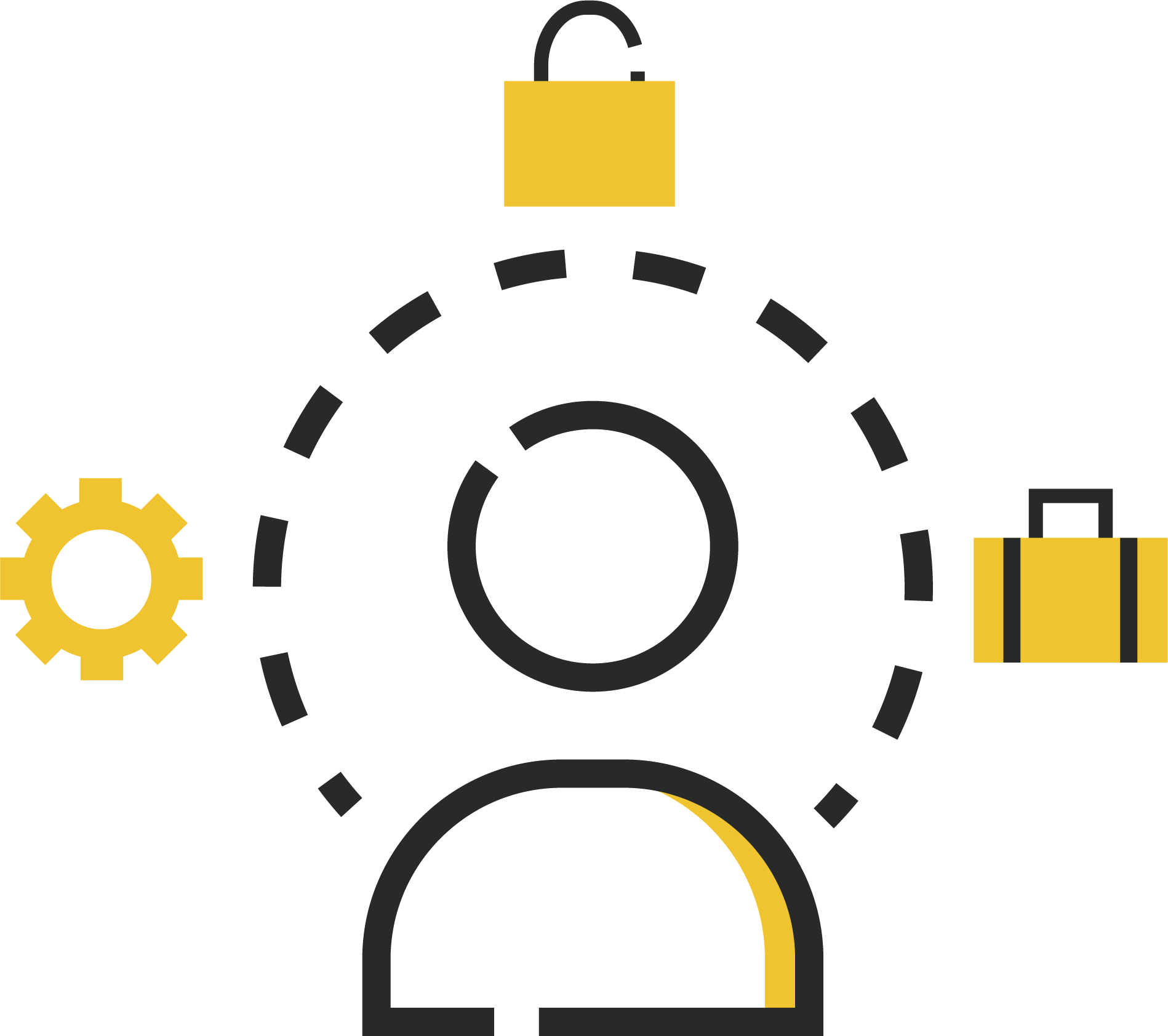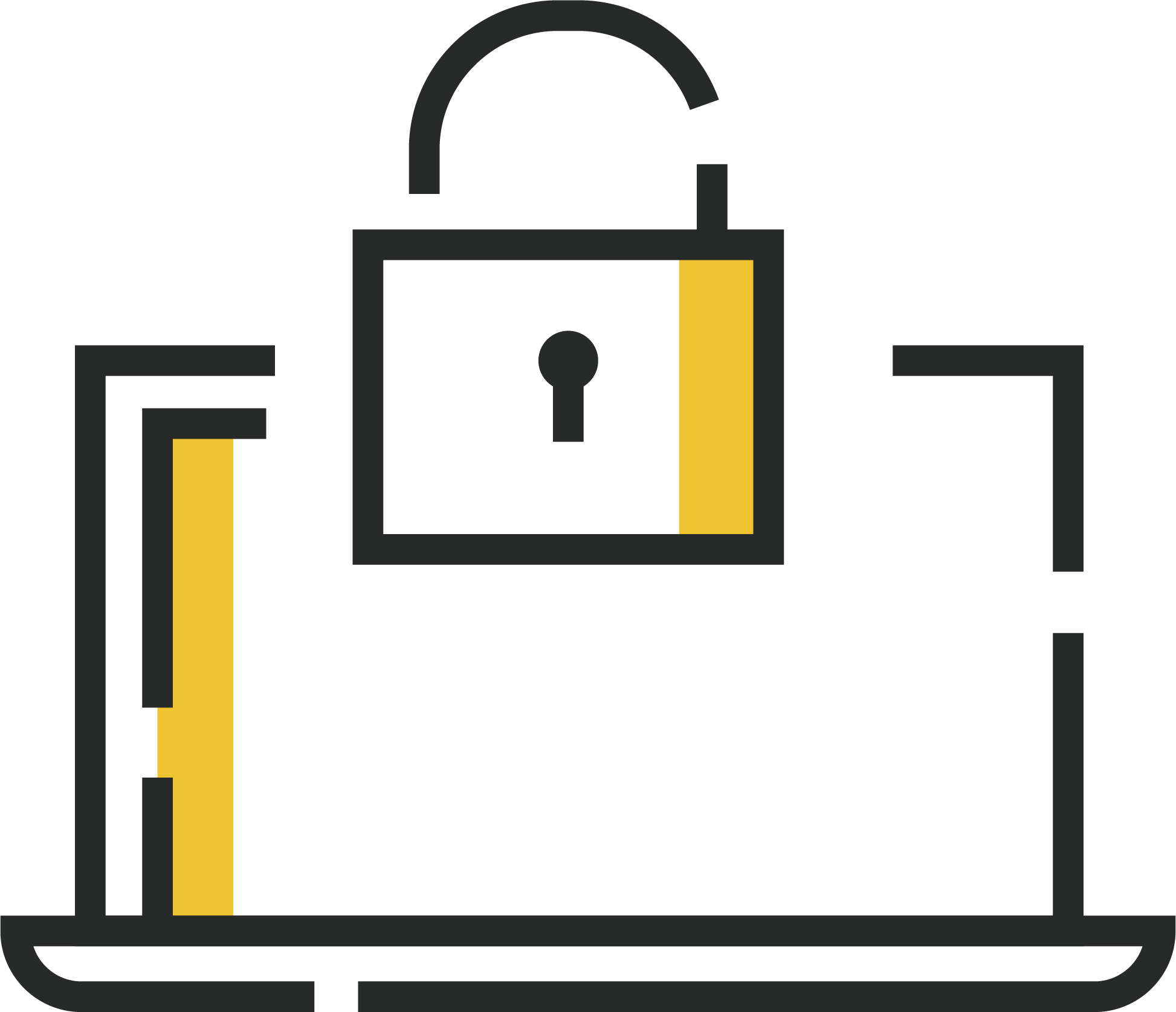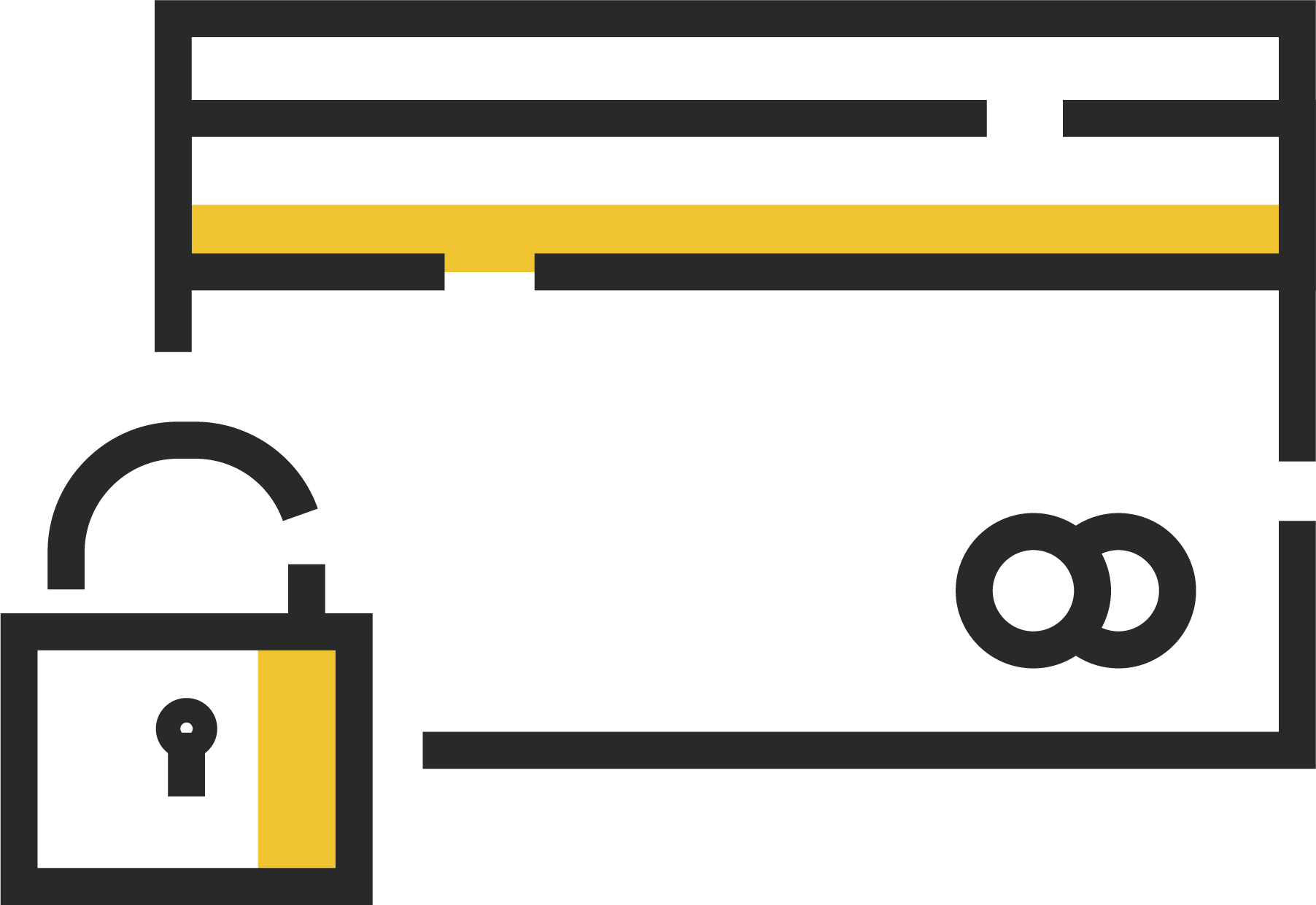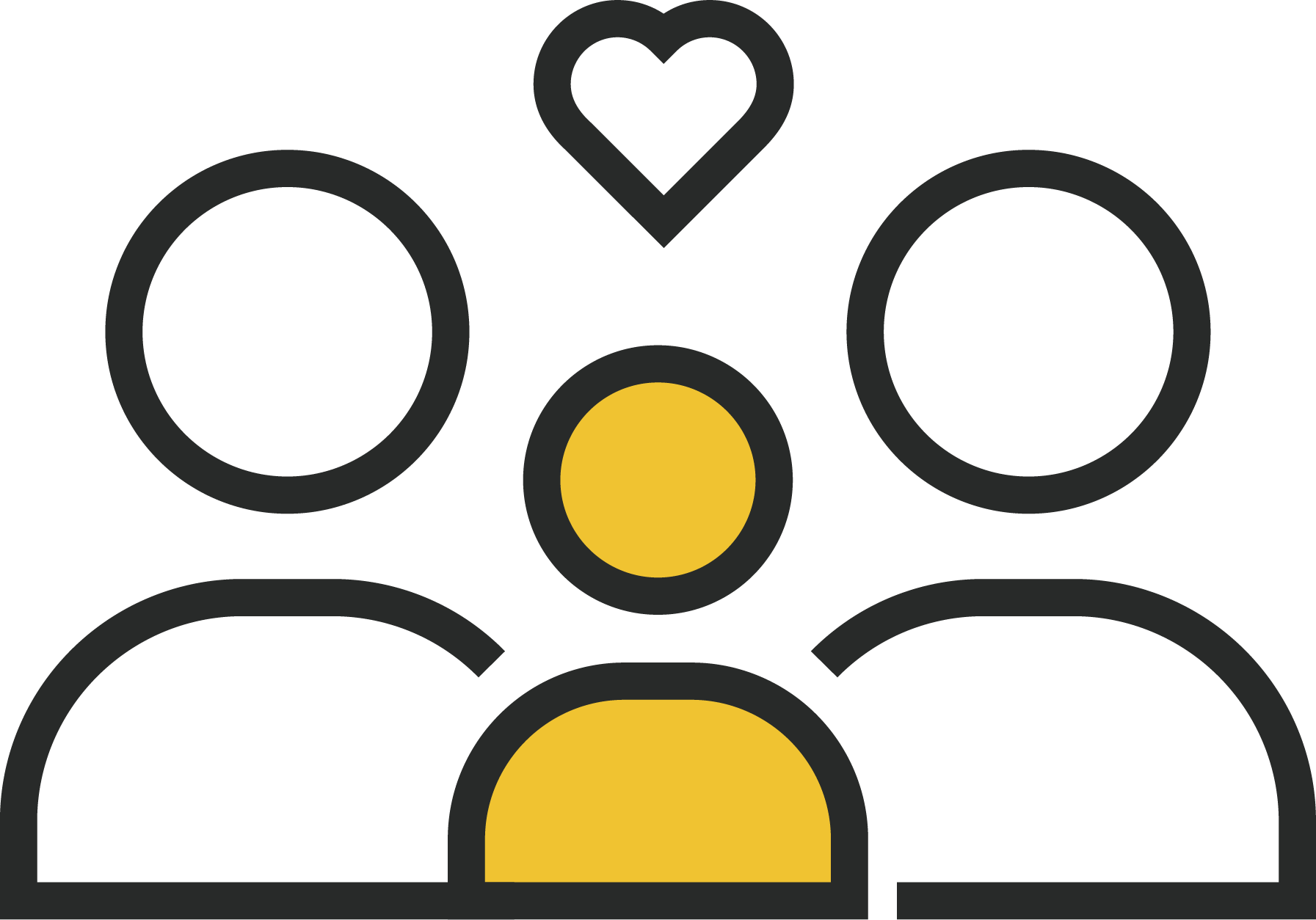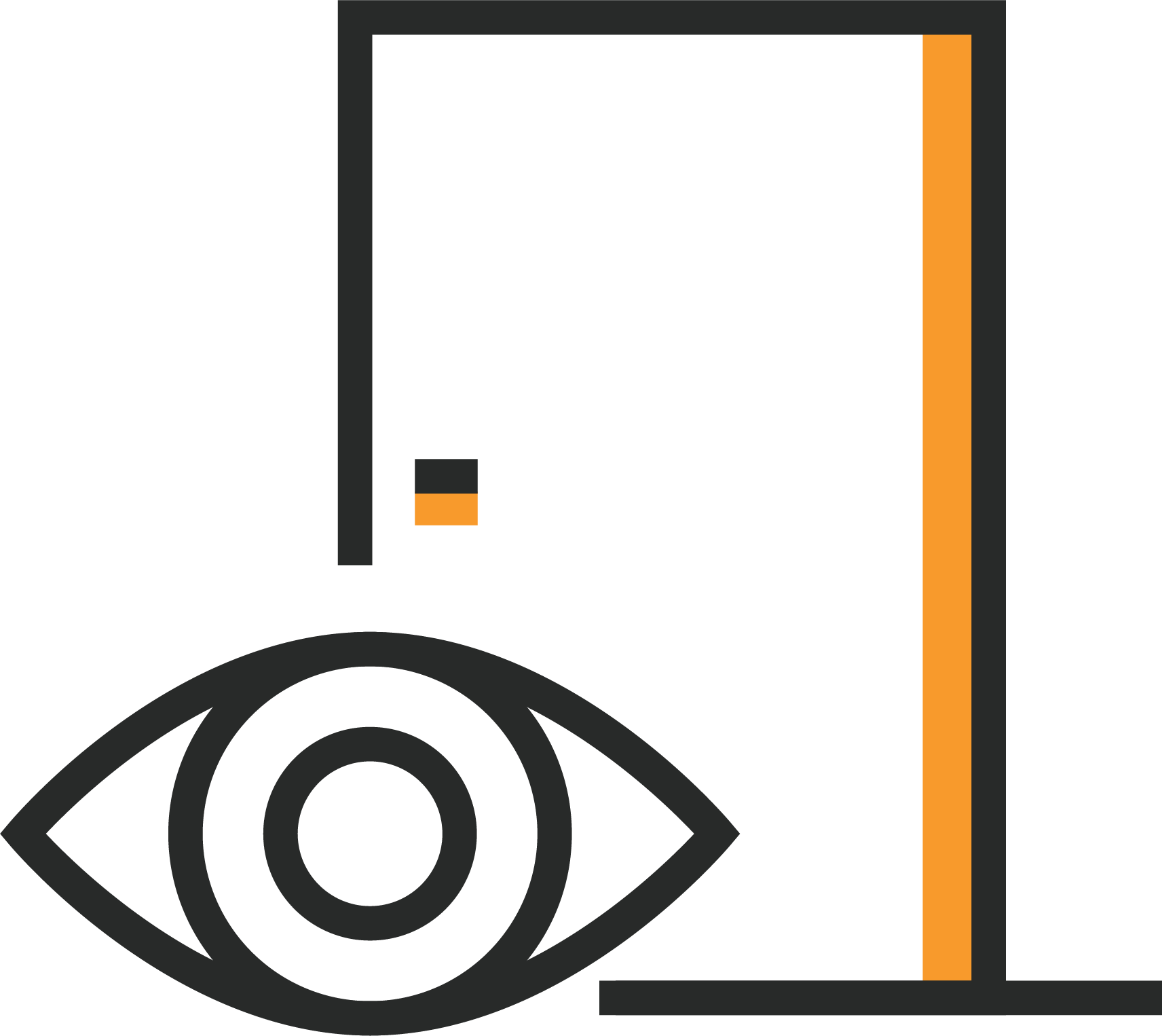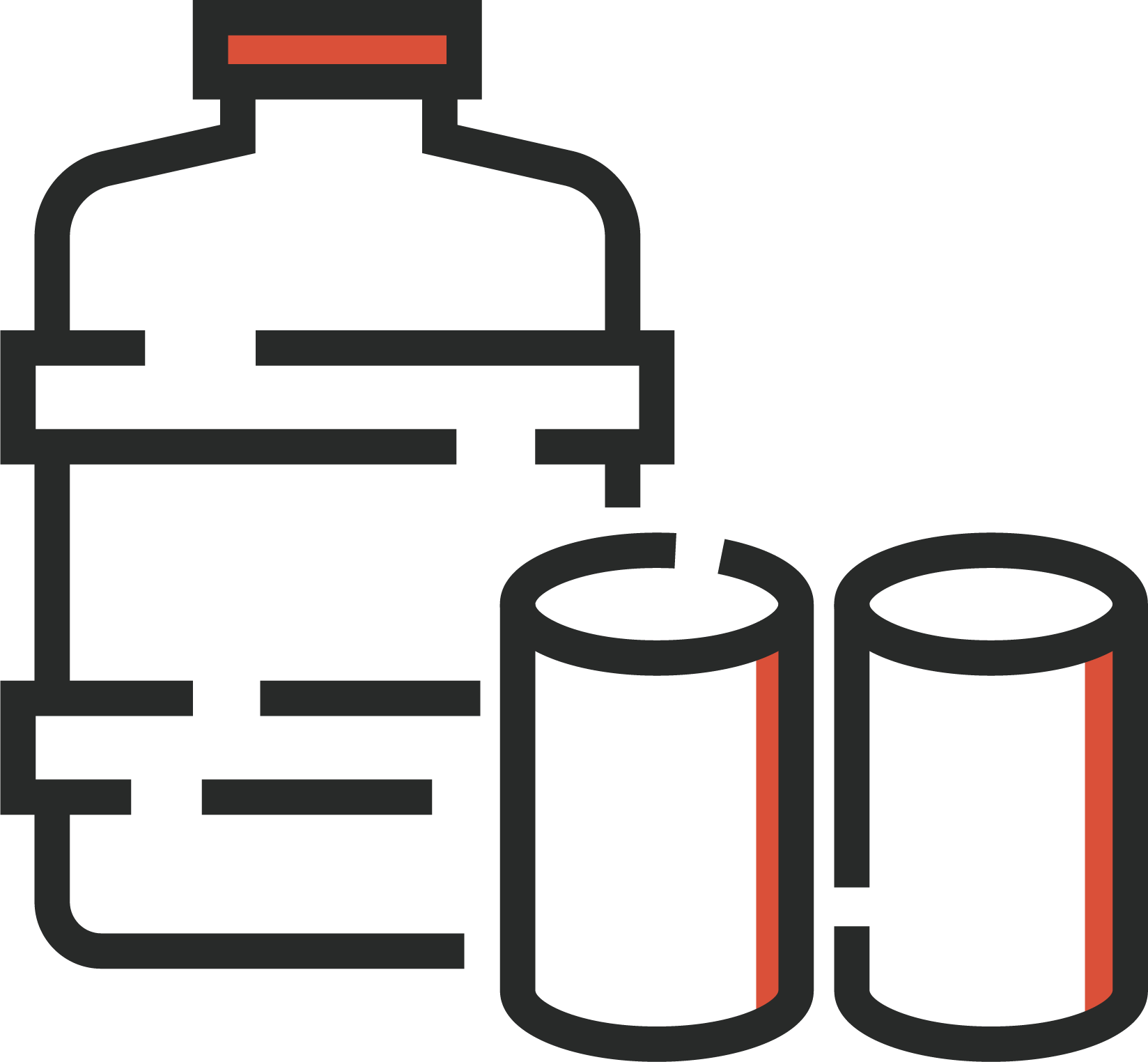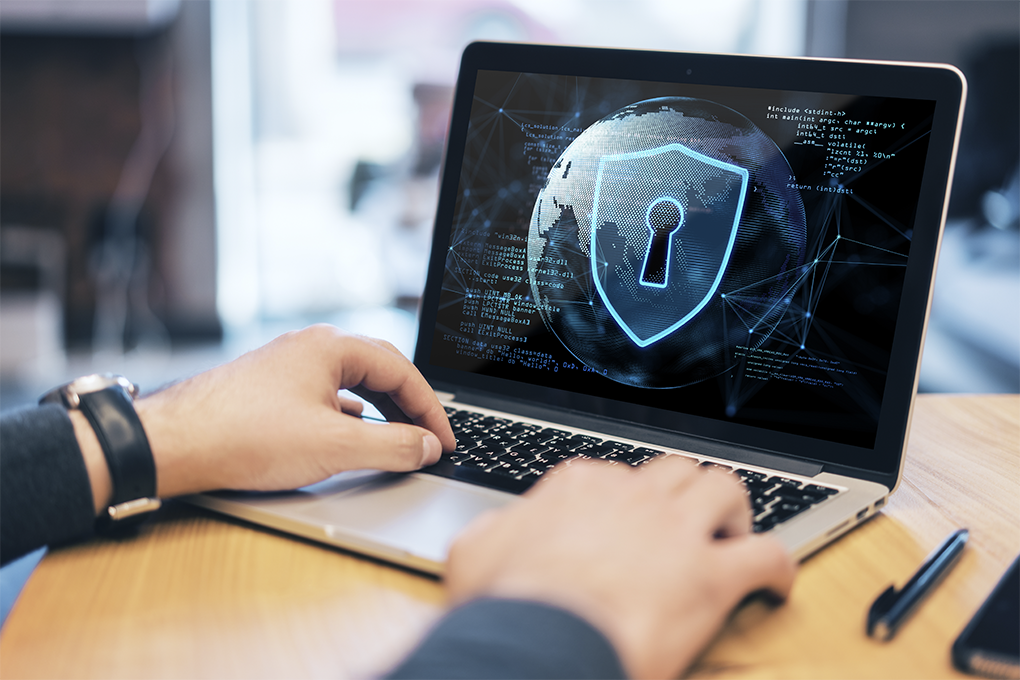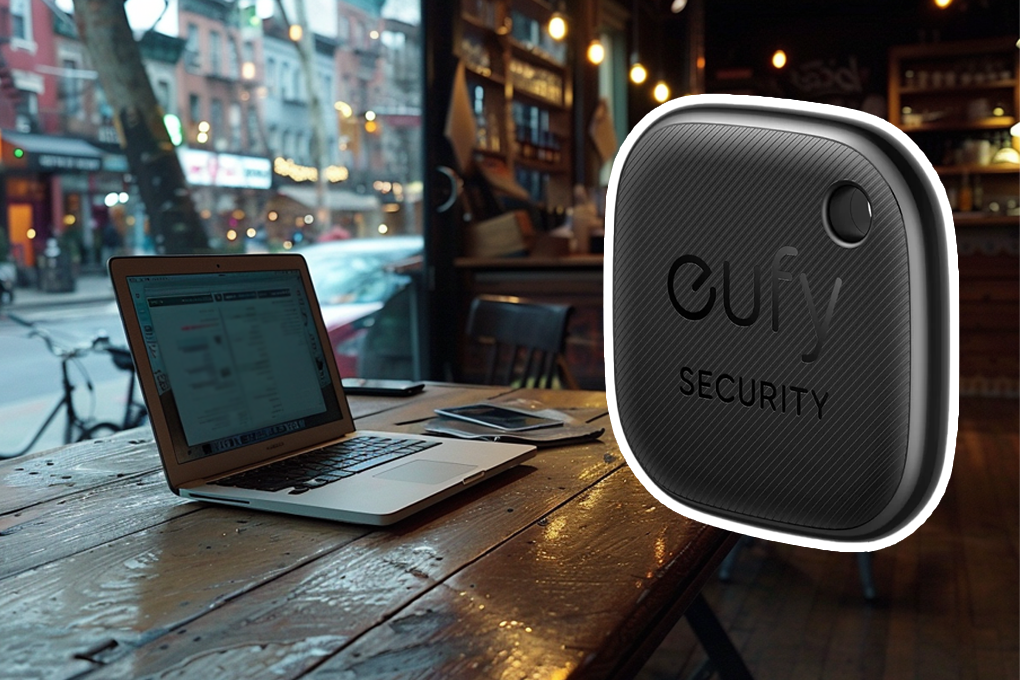A person’s identity is made up of many different aspects, and it can be hard to quantify exactly what it may be. While the nature of someone’s identity may be hard to define, the more tangible aspects such as documents and personal information pertaining to identity are not.
So much of our daily lives are tied up in these documents and this information, and while it allows us to accomplish what we need to each day, it can be devastating if it reaches the wrong hands. Identity fraud can ruin lives and take away a lifetime’s worth of what someone has earned, so it’s something that should be avoided at all costs.
But what exactly is identity fraud and how can it be avoided? In this overview, we aim to answer these and more questions in order to show you what identity fraud is and how you can avoid it yourself.
Contents
What Is Considered Identity Fraud?
Identity fraud can take many different forms, but the concept behind it is fairly consistent. Very basically, it involves someone stealing or fabricating information to use for illicit purposes. For example, someone may replicate your documents to make it look like you’re applying for a loan.
They will then pocket that money and leave you with a large debt that you never asked for. It’s a very simple example, but real identity fraud can be as simple as that or a lot more complicated. A lot of our identity is stored online these days, and while that has made life more convenient it has also made it easier for people to access that information.
Someone could also use your credit card information to buy lavish items at your expense, and this would be considered identity fraud as well. To sum it up, if someone uses your identity or information for their own gain, then that would likely be considered identity fraud.
What Is The Difference Between Identity Theft And Identity Fraud?
The difference between identity theft and identity fraud can be a fine line indeed. However, it could generally be said that identity theft is the catalyst for identity fraud. You could also look at these terms on their face values and come up with an explanation for each.
Identity theft is exactly what it sounds like; theft of your identity. This could entail someone obtaining your login information, your financial information or anything else that pertains to your identity. If someone guesses your Facebook password and logs into your account to post on your behalf, then that would be a form of identity theft.
Identity fraud takes that a step further. It refers to the act of someone using the information obtained with identity theft to commit acts of fraud. We outlined a few examples earlier, but once again it could take many forms.
For a related example, let’s say that someone scams you to obtain your credit card information. That would be identity theft, but if they use that information to buy a car then that would be identity fraud.
You can probably see why we said that the line between the two can be blurry, but it can almost always be said that identity theft has to come before identity fraud.
How Does Identity Fraud Happen?
We have echoed this sentiment a lot in this overview already, but it’s pertinent to say that identity fraud can take many different forms. While this phrase may sound like a broken record, it’s because it’s the truth when it comes to identity fraud and theft.
Similarly, it can happen for many different reasons, but perhaps the most common cause would be common negligence. Failure to guard your information can lead to its theft, and failing to notice said theft can make things even worse.
When it comes to identity fraud, it’s important to protect yourself and be vigilant. Someone could get your login information through simple carelessness on your part. Many times, it’s obtained via trickery.
Someone may impersonate a representative of your bank, for example. They could send a very legitimate-looking email asking for your login information. If this email were to catch you on a day when you have a lot going on, you may give the information without questioning its legitimacy.
Whether through carelessness or trickery, identity fraud generally happens because of lack of protection and awareness, and while it can never be 100% avoided, you can lessen the chances of such fraud by a great deal if you’re careful.
How Do You Prevent Identity Fraud?
As we touched on previously, vigilance is your greatest tool against identity fraud. You should be constantly monitoring your financial, credit and identity information for any irregularities. It can be easy to have transactions in your bank account go unnoticed if you’re not careful, so you should keep an eye out for any strange and unauthorized payments.
You should also be very careful who you give information to. It’s important to never feel pressured into giving out information, you always have the right to verify how legitimate someone is before you grant information.
In fact, if you tell someone asking for your details that you want to verify things before continuing and they get aggressive and impatient, then that is a huge red flag that the person you’re dealing with may not be who they say they are.
Companies and institutions will usually not ask for sensitive login information out of the blue, so you should be very wary of any unsolicited requests for your information. As we move further in this overview, we will also cover a few more specific ways you can prevent identity fraud.
How To Detect Identity Fraud
Identity fraud can be subtle and hard to spot if you’re not careful. It can be detected as long as you’re always paying attention, however. For example, you may notice a payment in your bank statements that you don’t remember making.
Or, you may get an email from a company that you don’t ever remember contacting. These are examples of telltale signs that someone has used your identity for illicit purposes, and you should always look into it. Using your intuition can go a long way. If you spot something that seems fishy then chances are that something is going on.
There are also companies and services that you can use to monitor for identity fraud, and these can be powerful tools in the fight against this kind of fraud. We will cover these in more detail later on in the overview, however.
We go into more detail on this subject in our article on data protection trends to watch out for.
How To Protect Against Identity Fraud
We’ve spoken about protecting yourself against identity fraud in fairly vague terms so far, but now we will go over a few more specific things you can do today to make yourself significantly safer from identity fraud.
Use Strong Passwords And Enable 2FA
We have to remember so many passwords for our various online activities that it can be tempting to use one simple password for all accounts. This is a bad idea, however, as the simpler your passwords are the easier they will be to crack.
When creating a password, you should try to come up with something that would be impossible to guess. Using your name and birth year would be an example of a weak password, as that would be rather simple to guess. Your password should also have varied symbols, capital letters and punctuation marks when allowed.
Not only should you create strong passwords, but you should also use a unique password for each service and change them every now and then. Additionally, some services will use 2FA (two-factor authentication.) This adds an extra layer of security by requiring confirmation via email or an SMS to proceed. Whenever you get the chance, you should always opt for 2FA protection.
For a more detailed look at how to use 2FA, you can check out this tutorial on how to use 2FA.
Monitor Financial Accounts Regularly
We touched on this earlier, but it’s very important to keep an eye on your financial accounts. You should check any transactions in your accounts at least once or twice a week to look for any transactions that you don’t remember taking part in.
If you spot any strange transactions or suspicious activity, then it should be reported to your bank immediately.
Check Credit Reports Regularly
Similarly, you should also keep a close eye on your credit reports to look out for any new accounts, transactions or information that did not come from you. This is something you can usually do as you check your financial accounts.
Be Cautious Of Email Scams
Email scams are quite common, and they can sometimes be quite convincing. We may like to think we’re too smart to get caught by one of these scams, but if it’s convincing enough and you’re caught on the wrong day, then even the savviest individuals can get caught up with these scams.
You should always be very wary of providing information to anyone contacting you via email, especially if it is unsolicited.
Shred Sensitive Documents
Much of our information is stored digitally, but hard copies are still quite common in many workplaces and other areas. If there are sensitive documents that you don’t need anymore, then you should shred them instead of storing them where they can be stolen.
Check Privacy Settings On Social Media
Most social media sites have options and features that are designed to help you stay protected. Many of these are optional, and it can be easy to ignore them as they make using the sites slightly more of a hassle.
While it can make your social media experience a bit less streamlined, it’s recommended to use as many protection features as you can. Social media is a common hunting ground for identity thieves, so it’s important to stay protected.
Limit The Amount Of Personal Information Shared Online
It can be easy to let your guard down online if you feel comfortable. Some people share many aspects of their lives on social media and elsewhere on the internet, and while it may seem harmless at the time it can open you up to many different problems.
You should definitely be very careful when sharing any personal information online. This again comes down to staying vigilant, and it can involve your individual discretion. Something like vacation pictures should be okay to share online, but you shouldn’t share details about the room you stayed in while on the vacation, for example.
Before you post anything, be sure to ask yourself if the information could be used against you in any way.
Use Identity Fraud Protection Software
It can seem overwhelming to stay on top of all these potential fraud attacks, but there is software that can do a lot of the hard world for you. These services will monitor your online activity for any suspicious activity and alert you so that you can take action.
In a world where identity theft and fraud are becoming easier and easier for scammers to commit, it’s become more necessary to invest in such software.
For more information on the subject, you can also read this overview on why we feel identity theft protection services are so important.
Best Identity Fraud Protection Services
Knowing which software is the best can be tricky, so we have two recommendations for you. The first is Identity Guard. This service offers monitoring for pretty much every facet of your online activity, and they have several tiers you can choose from so that you won’t end up paying for protection that is not relevant to you.
Our other recommendation is Aura, one of the top names in financial fraud protection. They offer similar monitoring to Identity Guard, and both services also have options for comprehensive fraud insurance.
Aura also includes a free trial so you can see everything they have to offer with no risk. Either service is a great option to keep you safe from financial fraud, and they will allow you to catch such activity early so that you can stop it before it gets worse.
For a deeper dive on what Aura has to offer, we have this comprehensive breakdown where we compare Aura against Total Digital Security.
The Bottom Line
In this overview, we have seen that identity theft and fraud can come from many directions and take any form imaginable. It can seem hopeless and scary, but we have also seen that there are tools at your disposal that can help.
If you follow the simple steps we outlined in this article, then you will already be safer from these kinds of attacks. Using services like Identity Guard or Aura can also give you much more peace of mind and can take away a lot of the stress and constant vigilance involved in protecting yourself.
We hope that this article was helpful in showing you the dangers of identity fraud and that you have a better idea of how to stay safe from it going forward!
